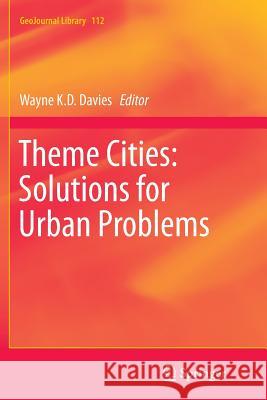Theme Cities: Solutions for Urban Problems » książka
topmenu
Theme Cities: Solutions for Urban Problems
ISBN-13: 9789401778022 / Angielski / Miękka / 2016 / 615 str.
Kategorie BISAC:
Wydawca:
Springer
Seria wydawnicza:
Język:
Angielski
ISBN-13:
9789401778022
Rok wydania:
2016
Wydanie:
Softcover Repri
Numer serii:
000044037
Ilość stron:
615
Waga:
0.87 kg
Wymiary:
23.39 x 15.6 x 3.25
Oprawa:
Miękka
Wolumenów:
01
Dodatkowe informacje:
Wydanie ilustrowane











